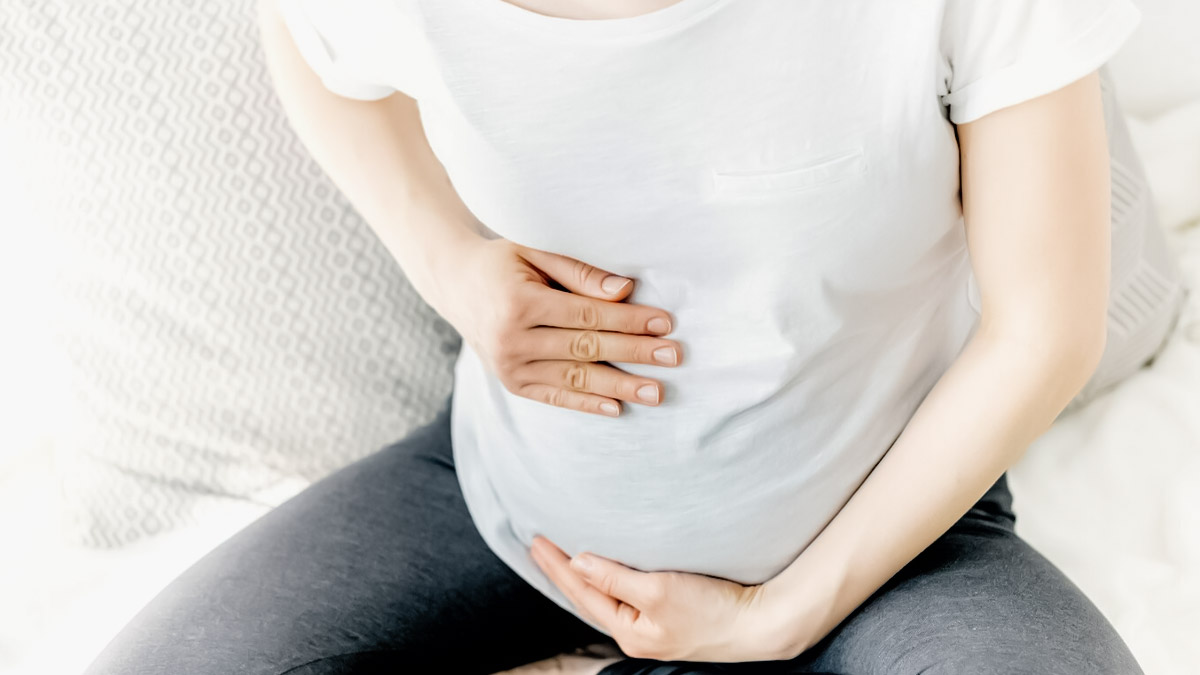
Pregnancy is a beautiful journey but it isn’t free of health issues. It can make you more prone to certain conditions, such as preeclampsia, gestational diabetes and placenta previa. Another condition is pyelonephritis, which is a type of Urinary Tract Infection (UTI) that involves inflammation of the kidney. Speaking with the OnlyMyHealth team, Dr Alka Bhasin, Senior Director–Nephrology, Max Smart Super Speciality Hospital, Saket, discusses how common the infection is in pregnant women and symptoms to note.
Table of Content:-
Understanding Pyelonephritis In Pregnant Women And Its Cause

“Pyelonephritis is the term used to describe infection within the kidney(s) caused by upward-moving infection from the urethra to the urinary bladder and into the kidneys,” says Dr Bhasin, adding that it is considered a medical emergency.
According to the doctor, it affects more than 10 lakh individuals annually in India although this may be under-representation. In pregnant women, pyelonephritis occurs usually in the IInd or IIIrd trimester of pregnancy with a smaller percentage presenting early on.
Also Read: How Long Does It Take For Pink Eye To Go Away: The Fastest Way To Treat Conjunctivitis
As per a study published in the Journal Cureus, pyelonephritis is one of the common presentations of infection in pregnancy, affecting about 1-2% of pregnant women and being a common cause of hospitalisation during pregnancy.
Some types of bacteria that cause kidney infections include E. coli, Proteus mirabilis, Enterobacter, and Staphylococcus.
Symptoms Of Pyelonephritis

Here are the symptoms of pyelonephritis presented:
- Fever
- Chills
- Back pain, specifically in the area of the kidneys (lower back or side)
- Pain or burning sensation during urination
- Frequent urination
- Urgency to urinate
- Cloudy or bloody urine
- Nausea and vomiting
- Fatigue or general malaise
Sometimes, pain in the abdomen or pelvic area
Common Risk Factors Of Pyelonephritis

At risk individuals include:
- Older adults
- Women
- Pregnant ladies
- People with kidney stones
- Those suffering from polycystic kidney disease
- People with diabetes
- Immunocompromised persons or those in post chemotherapy states
- Those maintaining poor personal hygiene
Also Read: Arthritis Isn't Just An Old People's Condition: Other Risk Factors To Note
Diagnosis And Treatment
Dr Bhasin says, “Pyelonephritis diagnosis requires a urinalysis, blood culture, urine culture, ultrasound/CT of kidneys, PVR volume assessment,” adding, “Management includes intravenous antibiotics as guided by culture reports for 2-3 weeks. Poor or inadequate treatment can lead to septic shock, Pus formation in kidneys, renal papillary necrosis, some of which require surgical intervention and even surgical kidney removal.”
As far as pregnant women are concerned, those infected need hospitalisation and require intravenous antibiotics after culture is taken. “Close monitoring for recovery and for potential complications such as sepsis, preterm labour, acute kidney injury is necessary. In addition, the mother must have lots of intravenous/oral fluids, antipyretics and bed rest,” she advises.
Read Next
‘Low Risk’ Pregnancies Contribute 46% to India’s Newborn Deaths and Stillbirths: Lancet Study
How we keep this article up to date:
We work with experts and keep a close eye on the latest in health and wellness. Whenever there is a new research or helpful information, we update our articles with accurate and useful advice.
Current Version